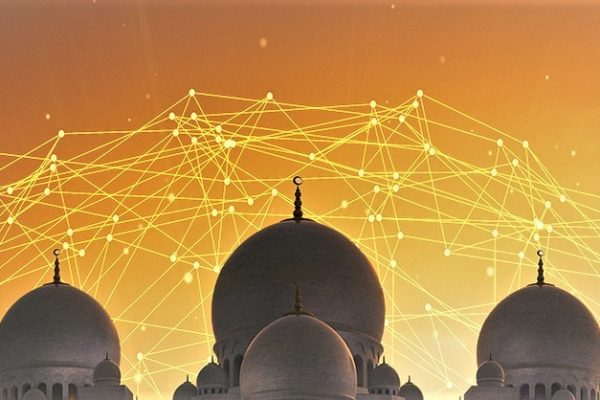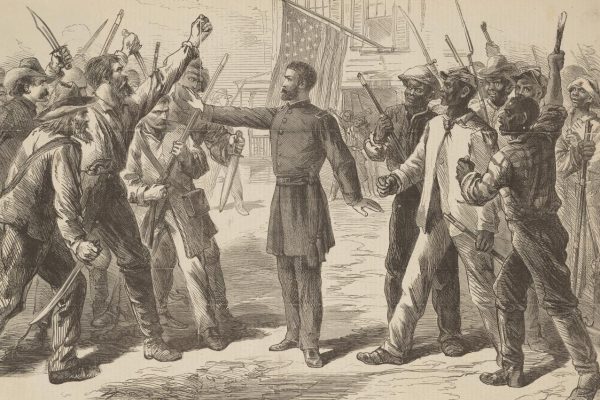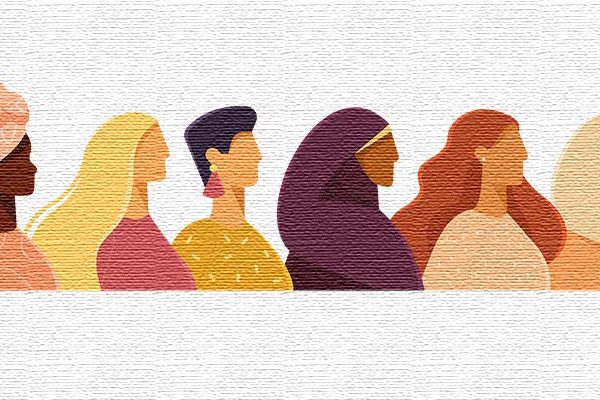
Women in Leadership: Breaking Barriers in the Corporate World
Women in leadership roles are transforming the corporate world with their unique perspectives and contributions. Despite progress, challenges such as gender bias, work-life balance issues, and limited access to mentorship persist. To overcome these barriers, organizations must implement inclusive policies, promote mentorship and sponsorship, and address biases. Embracing gender diversity in leadership enhances decision-making, innovation, and organizational culture, driving future progress and equitable opportunities for women.
















